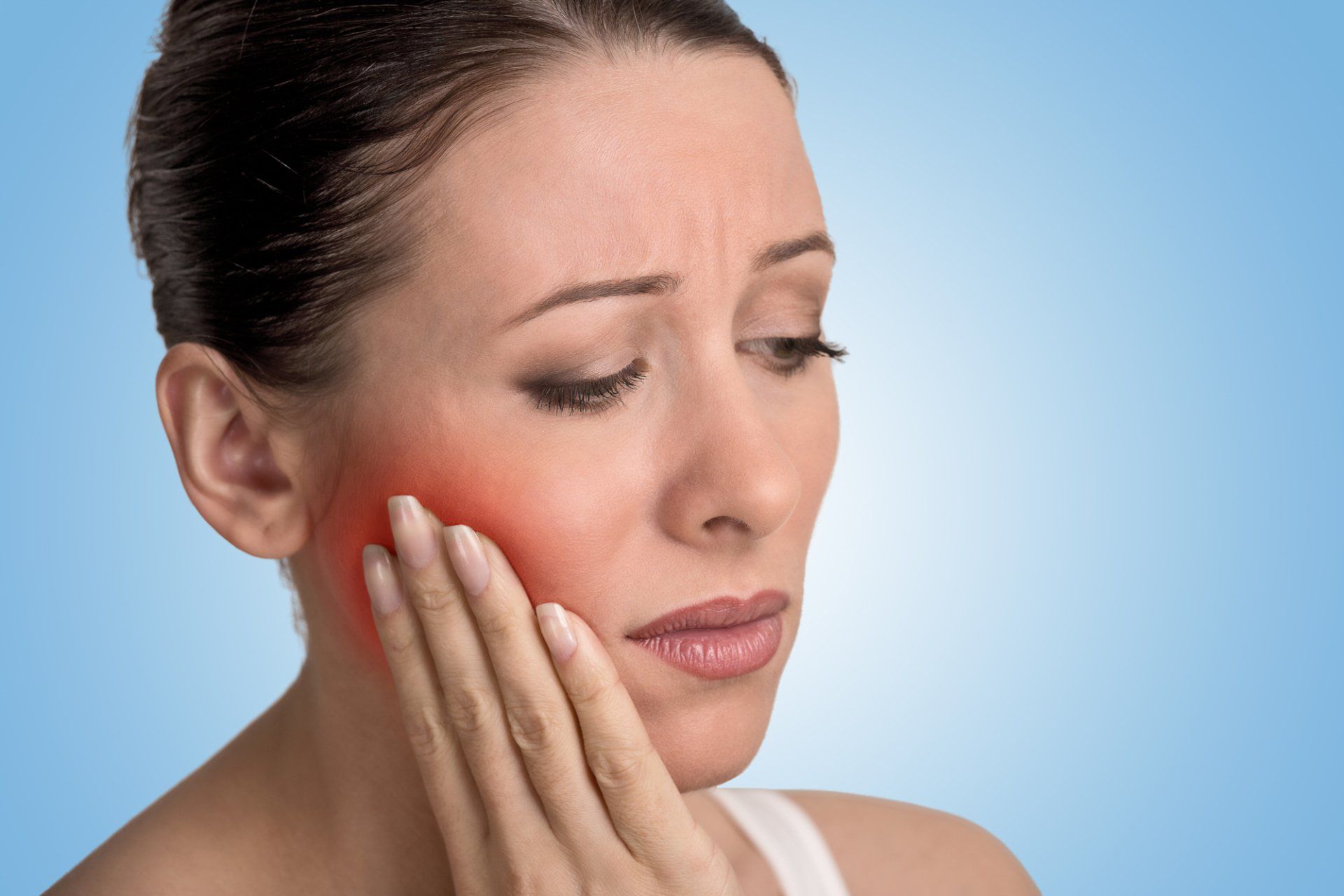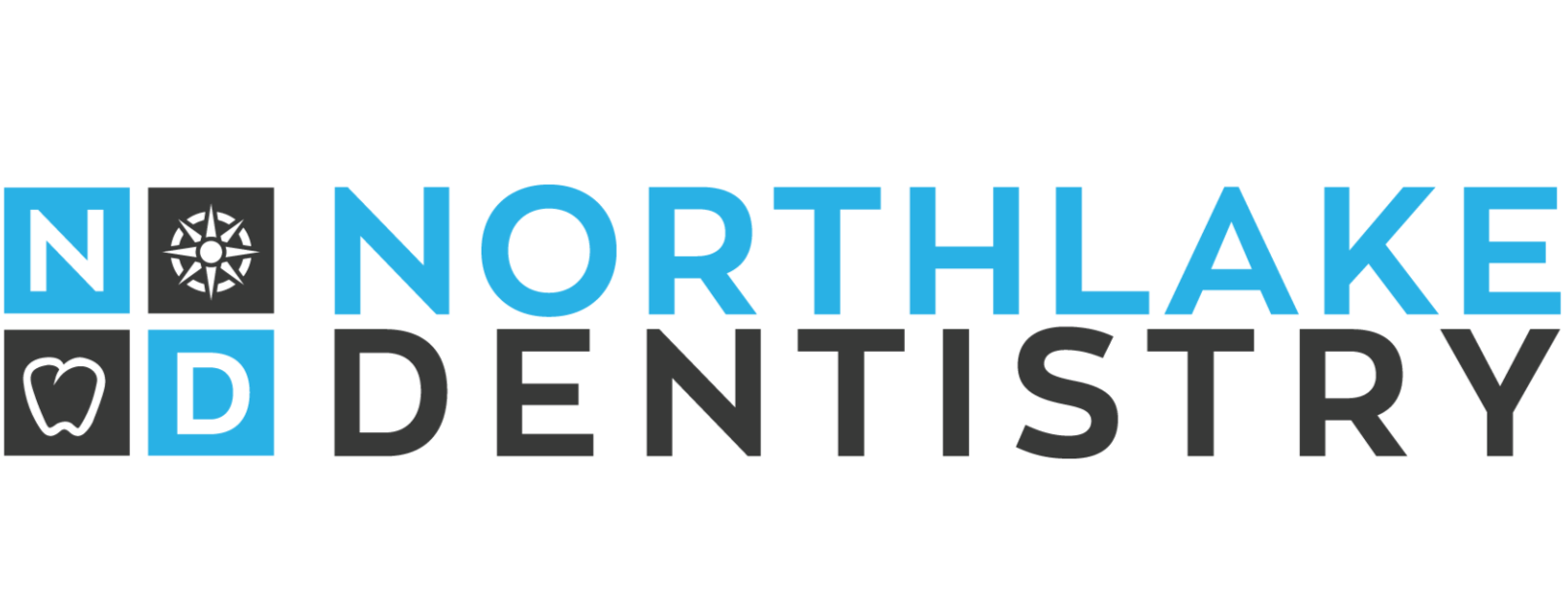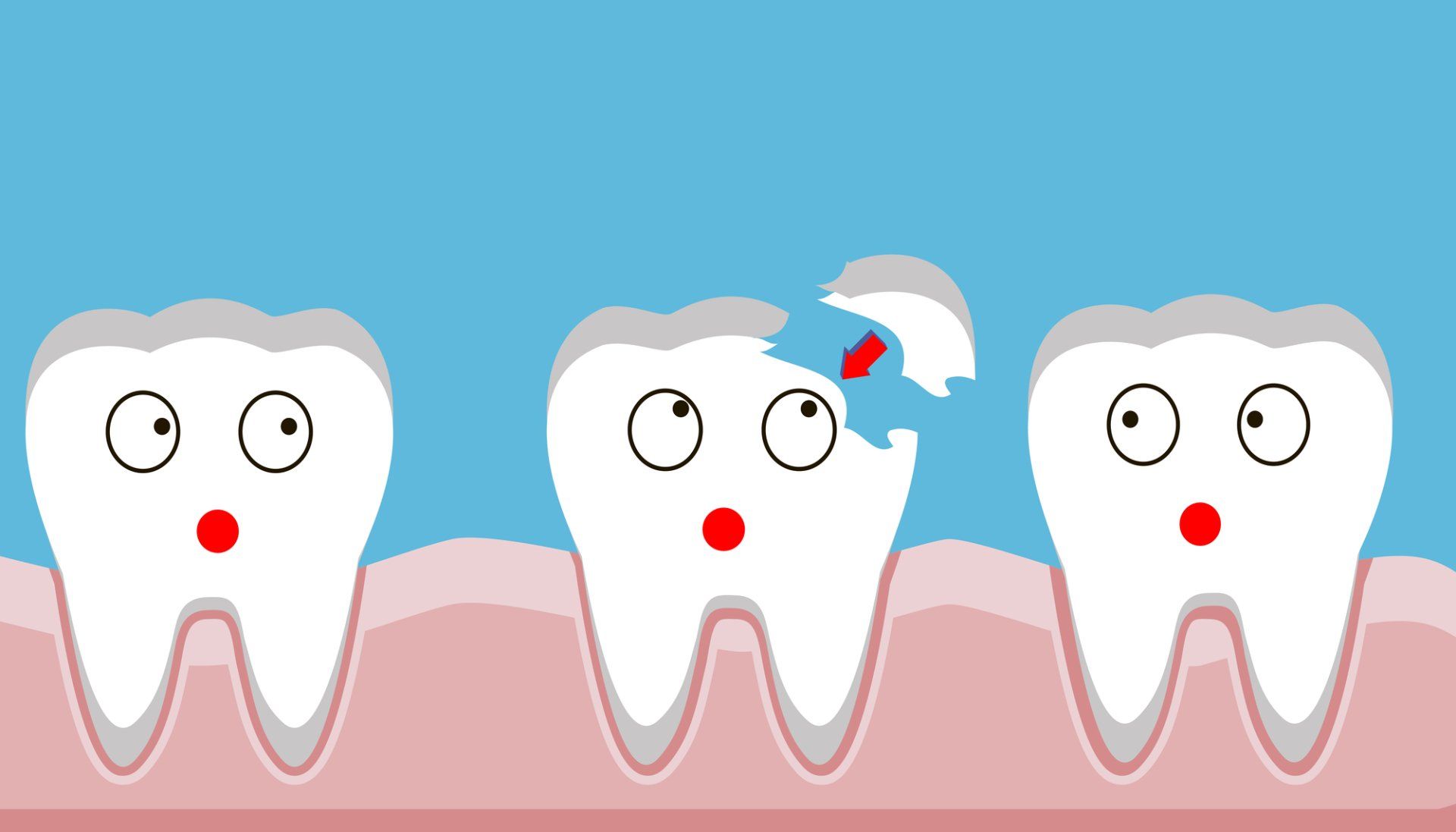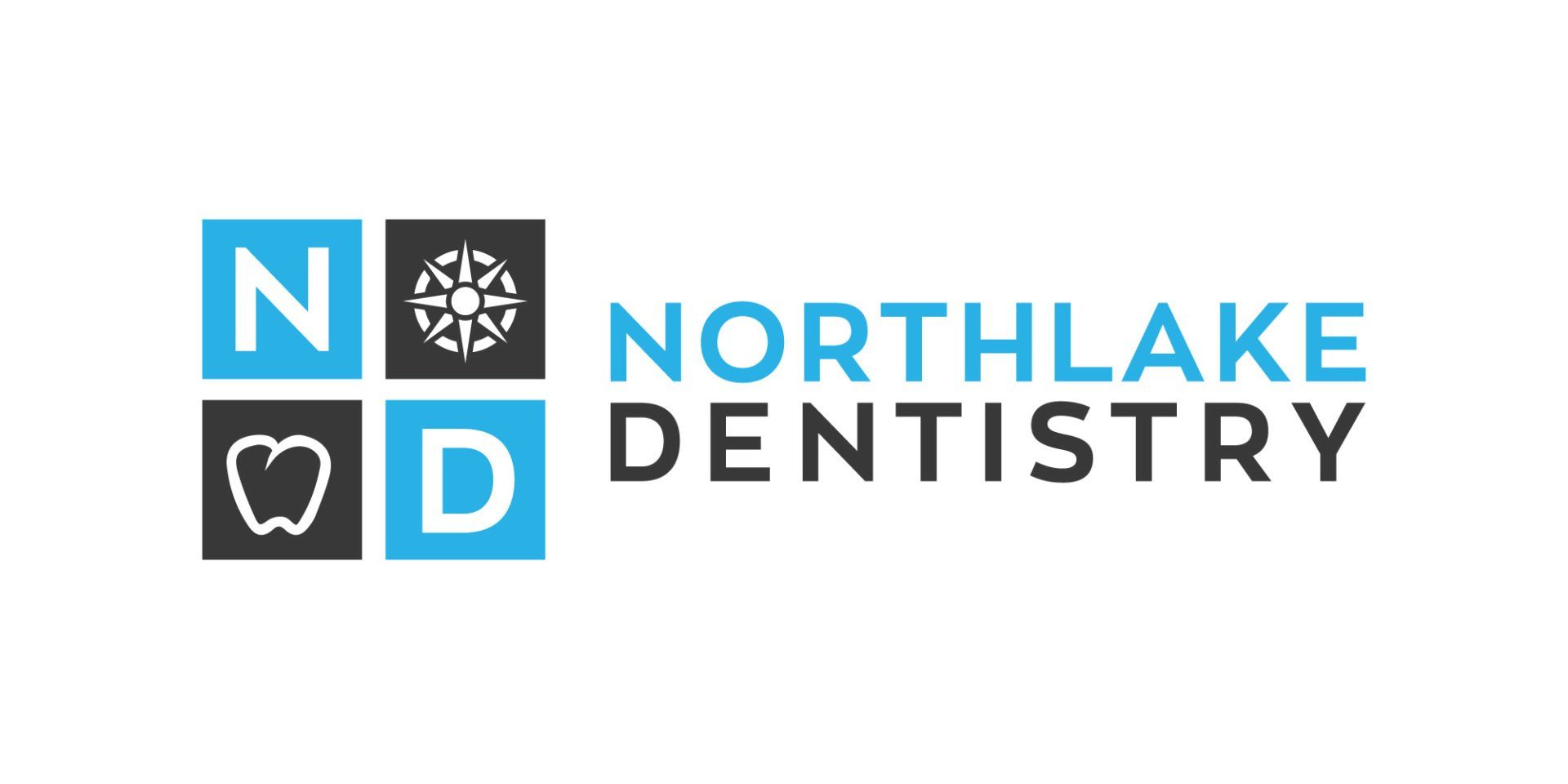Common Signs You Need Your Wisdom Teeth Taken Out
- By Northlake Dentistry
- •
- 18 Jan, 2020
- •

When you think about growing in teeth, most people think about babies and small children. However, during your late teens to your early 20s, you begin to grow in more teeth. When this happens, it can cause a lot of pain, which could call for the removal of these teeth.
Unfortunately, despite the name, wisdom teeth don't make you smarter or wiser. Wisdom teeth are the third set of molars that typically come in between your late teens and early twenties. Over time, the size of the human jaw has decreased in size, causing teeth to become crowded, or impacted, once the wisdom teeth start to grow in. When this happens, the teeth must then be extracted. However, there are some people whose mouths are actually big enough to accommodate this third row of molars growing in.
Signs Your Wisdom Teeth Need To Be Removed
Some people may not experience the pain that is associated with incoming wisdom teeth. That doesn't mean there aren't other signs that point in the direction of removal.
● Pain - Usually, the first, and probably most common sign of your wisdom teeth needing to be removed is pain. This dull aching pain resides in your jaw and can be so consistent that it causes headaches or migraines. It can also cause chewing foods painful.
● Overcrowding - Overcrowding is when teeth that were once straight start to shift, overlap, and crowd together. It can also cause gum issues and cause food to become trapped, which could result in infections.
● Sensitivity - Another indicator that you need to have your wisdom teeth removed is sensitivity to hot and/or cold.
● Impacted Teeth - Another very common sign is impacted teeth. This happens when there isn't enough room in the mouth, and the teeth will come in at an angle. Impacted teeth can cause jaw issues and other serious problems.
Many people fret and worry about having their wisdom teeth removed when, in fact, it is a pretty standard and routine procedure. This process can usually be done by a dentist; however, if the teeth are impacted or require any cutting into the gums, an oral surgeon will perform the surgery.
After the removal, the dentist will use surgical dental sutures to close the wound to allow for proper healing. You will be given something for pain and swelling, a mouth rinse, and instructions for special post-care. It is important to follow the dentist's instructions carefully. You should always avoid eating solid foods until you are properly healed and make sure you thoroughly clean the area anytime you eat or drink anything. It is also essential that you do not smoke. Smoking (and any other sucking action, like using straws) can cause an infection called "dry-socket," which can be extremely painful and require another visit to the dentist or oral surgeon.
Healing from wisdom teeth removal can take some time. Carefully following instructions from your dentist is vital for the speediest recovery possible. If you begin to have unexplained jaw pain, visit your dentist, it could just be your wisdom teeth. With such a quick and simple procedure, you'll be feeling better in no time!



